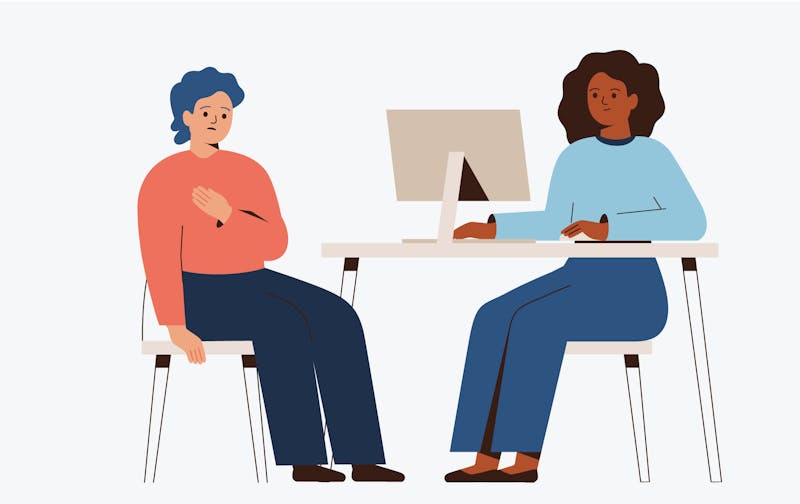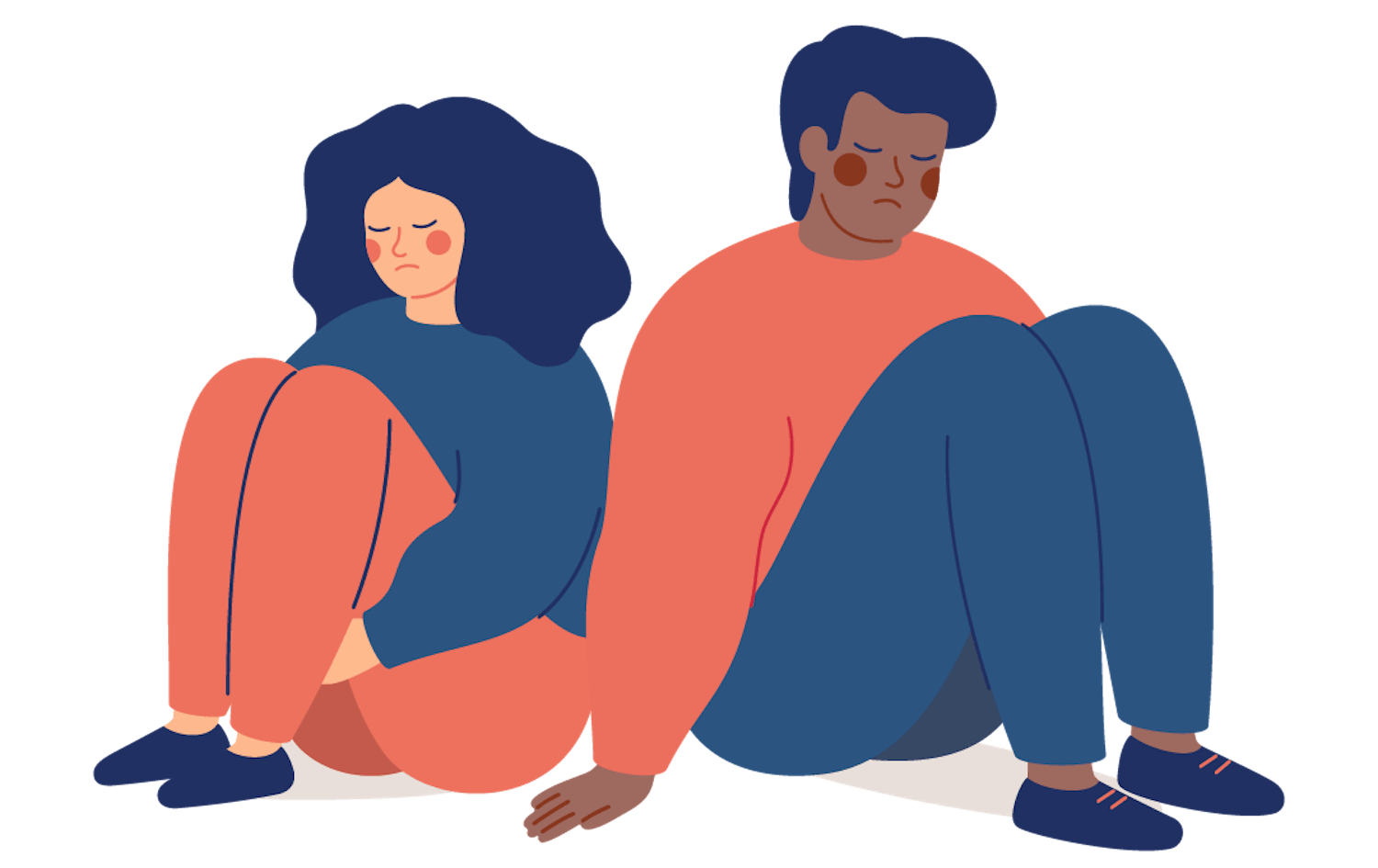What is a hearing?
A hearing is an interview where you describe what happened to the police. The interview takes place in a special room at the police station. In some cases, the interview might happen at Barnahús.
Preparation
Your legal rights protector will prepare you for the interview and tell you what to expect. It's best to have your legal rights protector and a child protection services representative with you during the interview itself. If you still need to find a legal rights protector, you can get a list of lawyers from the police.
More about the interview:
- The interview is recorded, both sound and video.
- In the room, it will be you, a police investigator, your legal rights protector, and a person from child protection services. If you need an interpreter, they will be there too.
- If you realize later that you could have said more in the interview, you can contact your legal rights protector and ask to add to your statement. The investigator might then call you back for another hearing so that the extra information is also recorded.
- Having a hearing doesn't automatically mean that charges will be pressed for the abusive act.

